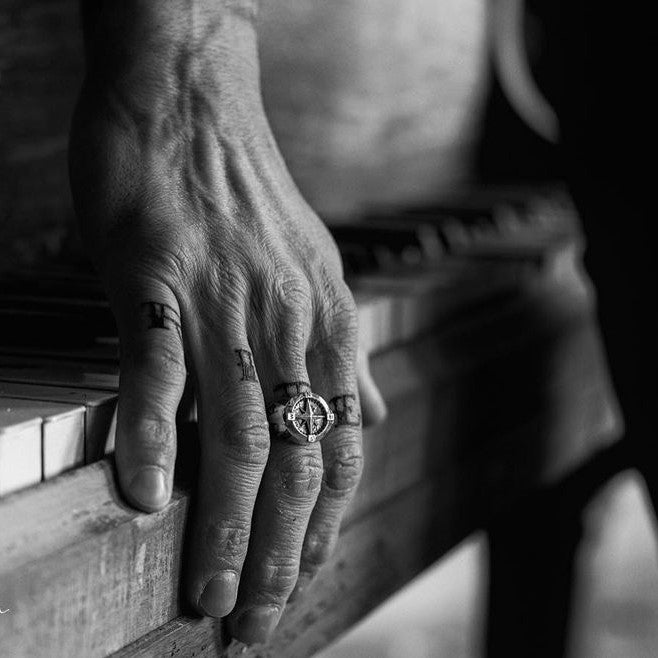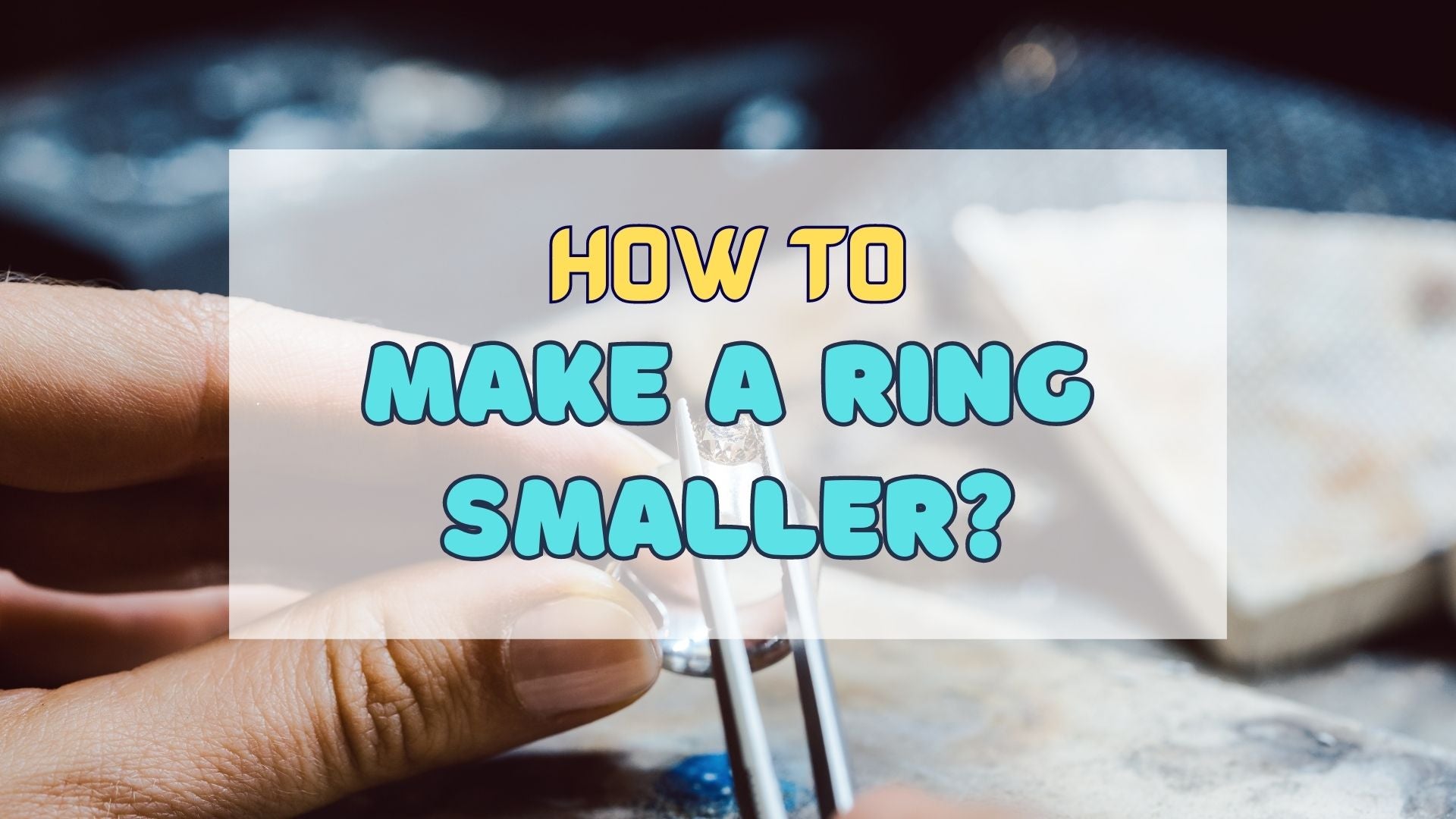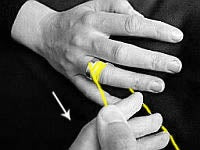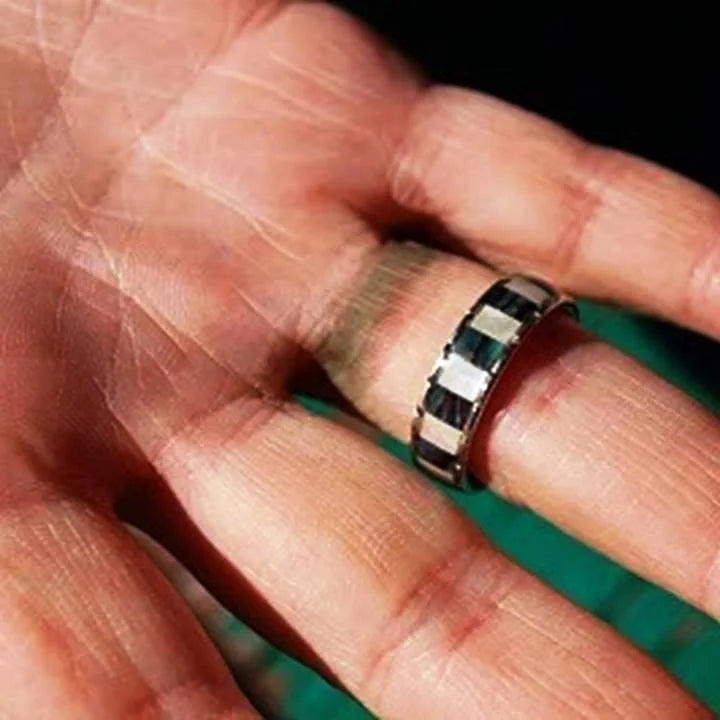Piercings have become a popular form of self-expression, with people adorning their bodies with various types of piercings. However, for some individuals, getting a piercing can be a painful and uncomfortable experience. This is especially true for those with sensitive ears. If you have sensitive ears, you may have experienced itchiness, pain, or redness around your piercings. But fear not, as there are ways to care for your piercings and avoid these discomforts.
I. No Itchiness, No Pain, No Green Circles Around Your Piercings

Having sensitive ears means that your skin is more prone to irritation and inflammation. This can be caused by various factors such as allergies, infections, or even the type of metal used in your piercing. Here are some tips to help you avoid itchiness, pain, and green circles around your piercings.
Choose the Right Metal for Your Piercing
One of the main culprits of irritation for sensitive ears is the type of metal used in the piercing. Some metals, such as nickel, can cause allergic reactions in certain individuals. When getting a piercing, make sure to choose a hypoallergenic metal such as titanium, surgical steel, or 14k gold. These metals are less likely to cause irritation and are safe for sensitive ears.
Keep Your Piercing Clean
Proper hygiene is crucial when it comes to caring for your piercings. Make sure to clean your piercing twice a day with a saline solution or a mild soap. Avoid using harsh chemicals or alcohol-based products as they can irritate your skin. Also, make sure to wash your hands before touching your piercing to prevent any bacteria from entering the wound.
Don't Touch or Play with Your Piercing
As tempting as it may be, avoid touching or playing with your piercing. This can introduce bacteria to the wound and cause irritation or infection. Also, avoid changing your jewelry too soon as it can disrupt the healing process and cause further irritation.
II. Itchiness, Pain, or Redness: How to Deal with Common Issues

Despite taking all the necessary precautions, you may still experience some discomfort around your piercings. Here are some common issues that people with sensitive ears face and how to deal with them.
Itchiness
Itchiness around a piercing is a common issue, especially during the healing process. This can be caused by dry skin, allergies, or even the healing process itself. To alleviate itchiness, make sure to keep your piercing clean and moisturized. You can also try using a cold compress or an over-the-counter hydrocortisone cream to soothe the itchiness.
Pain
Pain around a piercing can be caused by various factors such as infection, irritation, or trauma. If you experience severe pain, swelling, or discharge from your piercing, it's important to seek medical attention as it may be a sign of infection. For mild pain, you can try taking over-the-counter pain relievers or using a warm compress to ease the discomfort.
Redness
Redness around a piercing is usually a sign of inflammation. This can be caused by irritation, infection, or even an allergic reaction. To reduce redness, make sure to keep your piercing clean and avoid touching or playing with it. If the redness persists or gets worse, consult a doctor as it may require medical treatment.
III. FAQs about Sensitive Ears and Piercings
1. What types of metal should I avoid if I have sensitive ears?
If you have sensitive ears, it's best to avoid metals such as nickel, copper, and brass. These metals are known to cause allergic reactions in some individuals. Stick to hypoallergenic metals such as titanium, surgical steel, or 14k gold.
2. How long does it take for a piercing to heal?
The healing time for a piercing varies depending on the type of piercing and your body's healing process. On average, it can take anywhere from 4-6 weeks for earlobe piercings and up to 6 months for cartilage piercings to fully heal.
3. Can I swim with a new piercing?
It's best to avoid swimming with a new piercing, especially in pools or bodies of water that may contain bacteria. If you must swim, make sure to clean your piercing thoroughly afterward and avoid submerging it in water for long periods.
4. Can I use alcohol to clean my piercing?
No, it's not recommended to use alcohol or any harsh chemicals to clean your piercing. These products can irritate your skin and disrupt the healing process. Stick to a saline solution or a mild soap for cleaning your piercing.
5. How can I tell if my piercing is infected?
Signs of an infected piercing include severe pain, swelling, redness, discharge, and a foul odor. If you experience these symptoms, seek medical attention as soon as possible.
Having sensitive ears doesn't mean you can't enjoy the beauty of piercings. With proper care and precautions, you can avoid discomfort and keep your piercings looking great. Remember to choose hypoallergenic metals, keep your piercing clean, and avoid touching or playing with it. And if you experience any issues, don't hesitate to consult a professional. By taking care of your piercings, you're also taking care of your sensitive ears.
At Helios Global, we have an amazing range of earrings to choose from, whether you are shopping for a special occasion, or an everyday staple, we will have something to suit all your needs.






